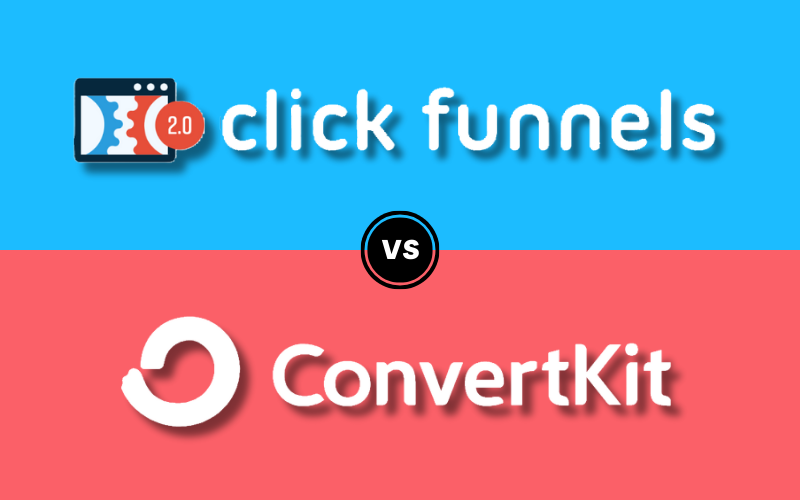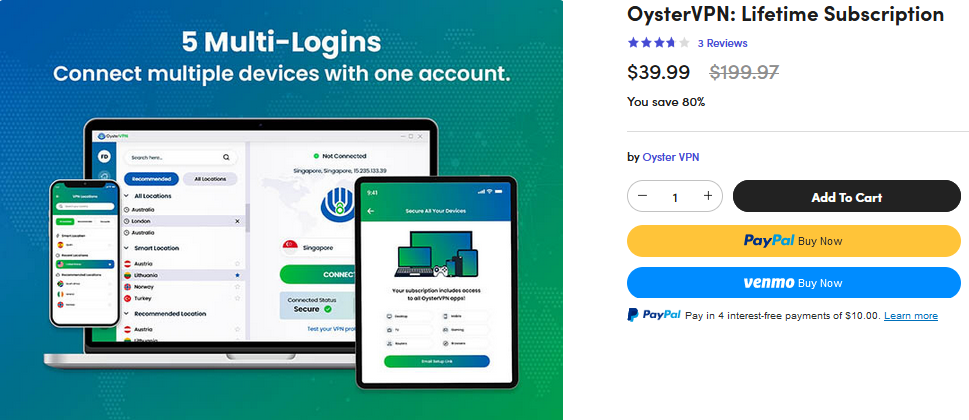Clickfunnels vs Convertkit are two prominent contenders for email marketing tools that offer unique strengths tailored to different facets of the marketing journey. Whether you are navigating the intricacies of sales funnels or seeking simplicity in email marketing, the decision between Clickfunnels and Convertkit is pivotal.
Join us in this comprehensive comparison as we explore the features, ease of use, pricing plans, customer support, email marketing capabilities, and integration options of both platforms. By the end, you’ll have the insights needed to propel your business forward with the tool that aligns seamlessly with your goals. Let’s consider the choices presented by Clickfunnels vs Convertkit.
Table of Contents
Features: Clickfunnels vs Convertkit
Clickfunnels is renowned for its comprehensive set of features designed to streamline the process of creating and optimizing sales funnels.
Clickfunnels Features:
Drag-and-Drop Funnel Builder: Clickfunnels empowers users with a user-friendly drag-and-drop funnel builder. This tool allows for the seamless creation and customization of sales funnels. Users can easily add elements, rearrange sections, and personalize their funnels without coding expertise.
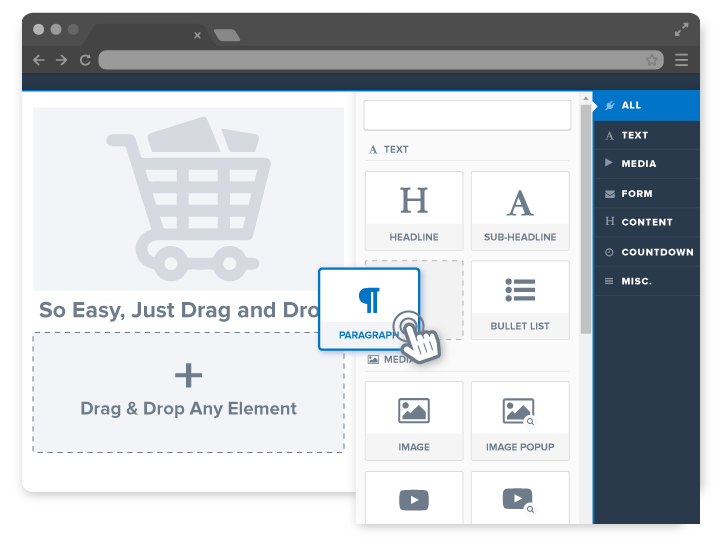
Sales Funnel Templates: Leveraging a diverse range of pre-designed sales funnel templates, Clickfunnels gives users a head start in their funnel creation process. These templates cover various purposes, such as lead generation, product launches, and webinar sign-ups.
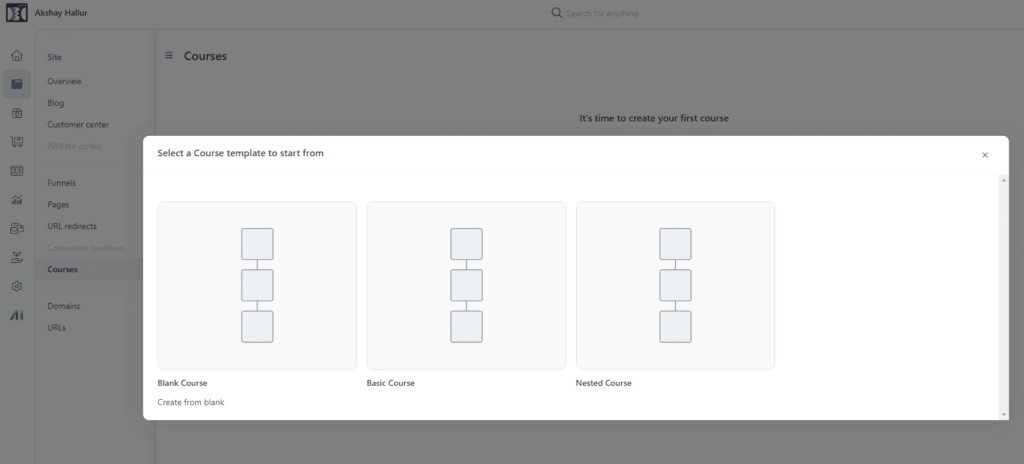
Integrated Shopping Cart: Clickfunnels goes beyond mere funnel creation by incorporating an integrated shopping cart feature. This functionality enables seamless transactions within the sales funnel, optimizing the user experience for customers.

Email Marketing Automation: Clickfunnels includes robust email marketing automation capabilities to enhance marketing efforts. Users can automate their email campaigns, set up triggers based on user behavior, and effectively segment their audience.
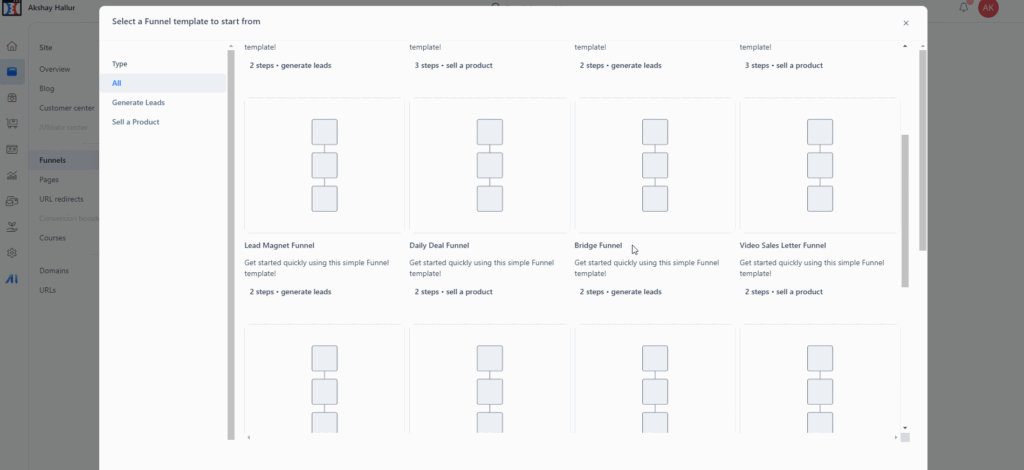
Convertkit Features:
Simple Email Sequences: Convertkit excels in providing a straightforward approach to email marketing. The platform’s emphasis on simplicity is evident in its easy-to-create email sequences. Users can set up automated email series with ease.
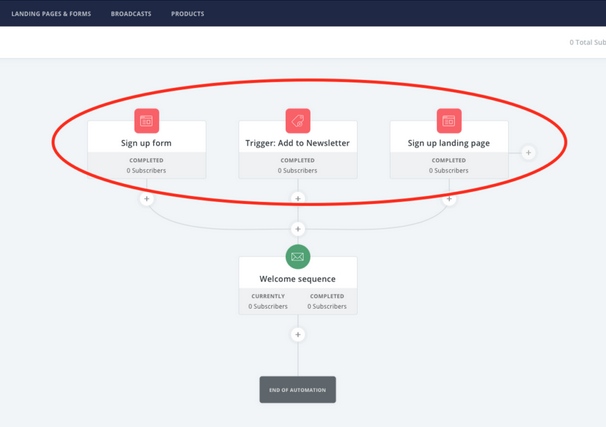
Tagging and Segmentation: Efficient audience management is the key feature of Convertkit. The platform allows users to tag and segment their subscribers based on various criteria, ensuring that campaigns are targeted and personalized.
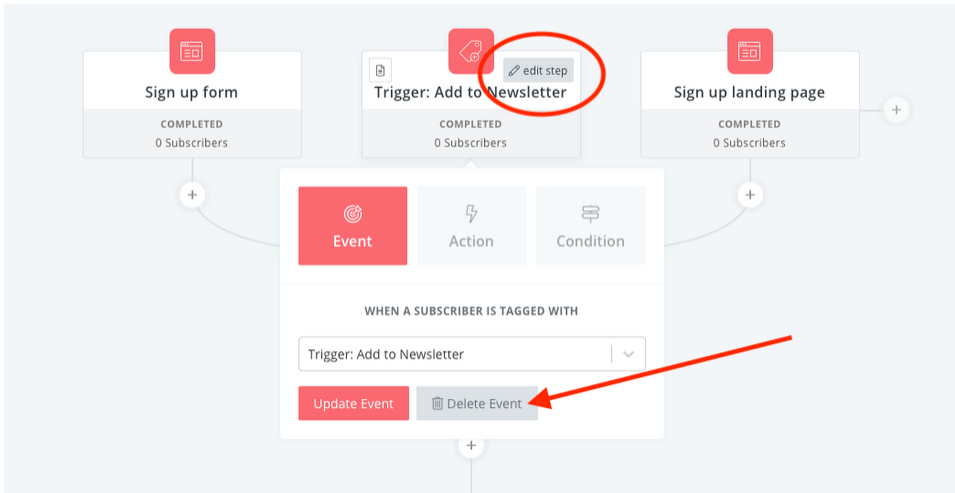
Visual Automation Builder: Convertkit’s visual automation builder provides a powerful tool for designing intricate email workflows. Users can create dynamic and personalized customer journeys using a visual representation of their automation sequences.
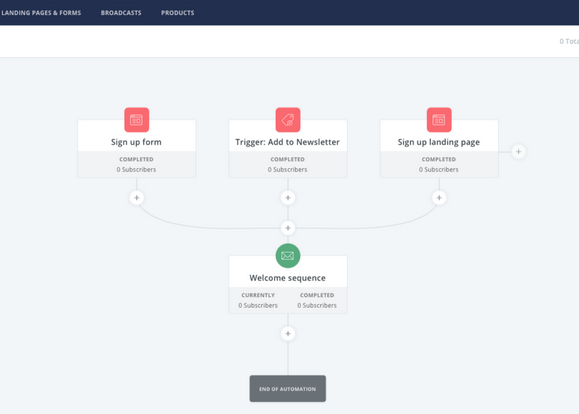
Forms and Landing Pages: Creating forms and landing pages is made simple with Convertkit. Users can design and deploy customizable forms and landing pages to capture leads effectively.
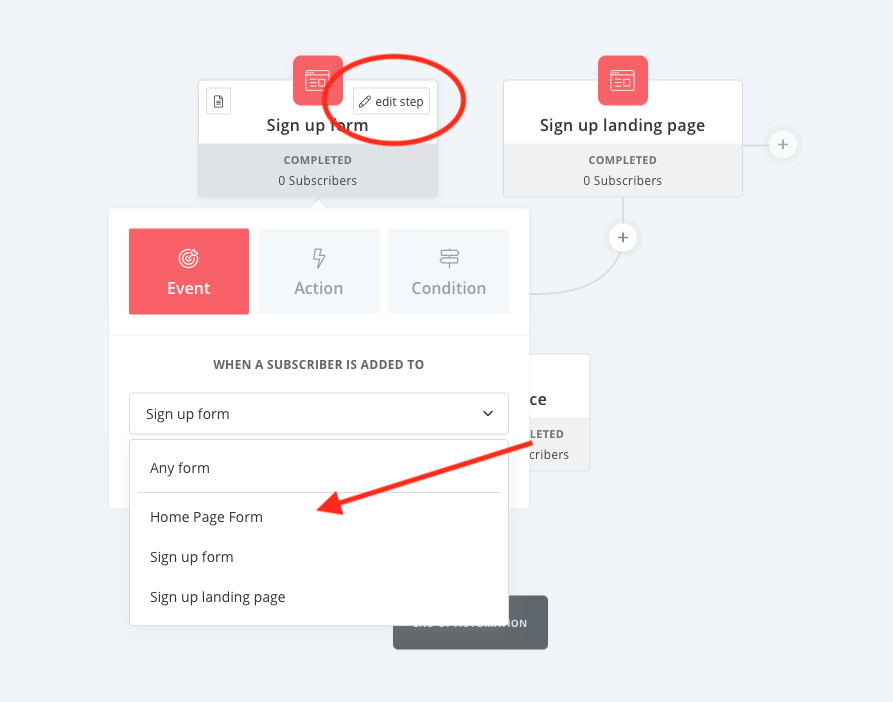
Conclusion: By exploring these deeper features, businesses can make informed decisions based on their specific requirements. Clickfunnels excels in providing a holistic approach to sales funnels, while Convertkit’s strength lies in its efficient and focused email marketing capabilities. Clickfunnels vs Convertkit: Choose the platform that aligns with your business goals and workflow preferences.
Pricing Plans: Clickfunnels vs Convertkit
When weighing the options between Clickfunnels and Convertkit, understanding their pricing plans is crucial for making a budget-conscious decision.
Clickfunnels:
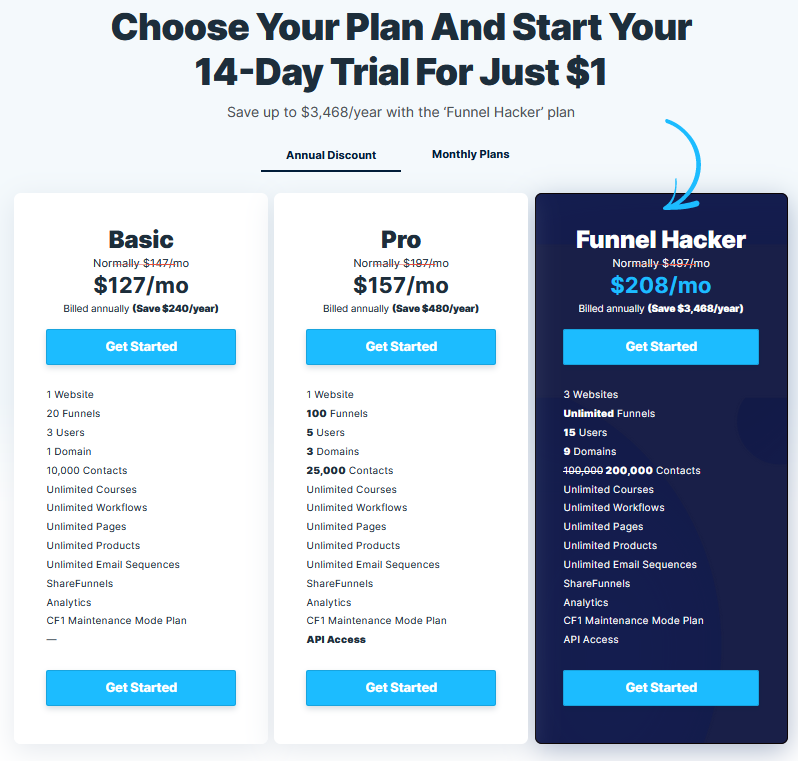
Convertkit:
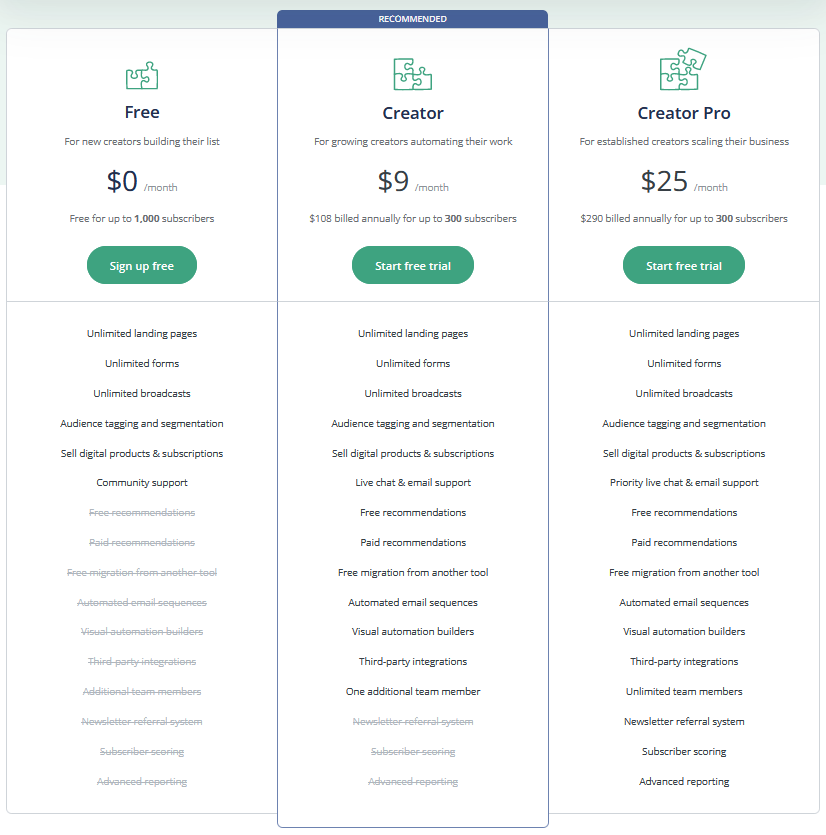
Conclusion: When considering pricing plans, it’s crucial to align your budget with the features that matter most to your business. Clickfunnels provides tiered options with varying features, while Convertkit offers a free plan and affordable paid plans with scalable features. Clickfunnels vs Convertkit: Choose a plan that not only fits your budget but also addresses your specific business needs, ensuring you get the best value for your investment.
Ease of Use: Clickfunnels vs Convertkit
When deciding between Clickfunnels and Convertkit, the ease of use is a critical factor to consider. Let’s delve into how each platform ensures user-friendly experiences for its users.
Clickfunnels:
- Intuitive Interface: Clickfunnels boasts an intuitive user interface, making it accessible for users with varying levels of technical expertise. The drag-and-drop funnel builder simplifies creating sales funnels, allowing users to visualize and customize their strategies effortlessly.
- Guided Funnel Creation: For users new to sales funnels, Clickfunnels provides guided steps throughout the funnel creation process. This ensures that even beginners can easily navigate the platform, minimizing the learning curve.
- Template Library: Clickfunnels’ extensive template library contributes to its ease of use. Users can choose from various professionally designed templates for different purposes, accelerating the funnel creation process.
Convertkit:
- Simplified Email Sequences: Convertkit prioritizes simplicity in its design. Creating email sequences is straightforward, with a clean and minimalistic interface. Users can easily set up automated email campaigns without feeling overwhelmed.
- User-Friendly Tagging: Managing subscribers is made easy through Convertkit’s user-friendly tagging system. The platform ensures that users can efficiently organize and segment their audience without intricate steps.
- Clear Visual Automation Builder: Convertkit’s visual automation builder is designed for clarity. Users can craft complex email workflows with a simple visual representation, aiding in the easy understanding of their automation sequences.
Conclusion: In the realm of ease of use, both Clickfunnels and Convertkit have distinct strengths. Clickfunnels excels in guiding users through the creation of sales funnels with its intuitive interface and template library. Convertkit stands out with its simplicity in designing email sequences and user-friendly tagging features. Consider your team’s familiarity with such tools and the desired learning curve when making your decision. Clickfunnels vs Convertkit: The goal is to select a platform that aligns seamlessly with your workflow, ensuring efficiency and a positive user experience.
Email Marketing Capabilities: Clickfunnels vs Convertkit
When comparing Clickfunnels and Convertkit, understanding their email marketing capabilities is paramount. Let’s delve into how each platform excels in handling email campaigns.
Clickfunnels:
- Automation Sequences: Clickfunnels empowers users with robust email automation capabilities. Users can create automated email sequences based on user behavior, ensuring timely and targeted communication with their audience.
- Segmentation Options: Clickfunnels offers advanced segmentation options, allowing users to categorize their audience based on various criteria. This ensures that email campaigns are tailored to specific segments, enhancing relevance and engagement.
- A/B Testing: A/B testing is integral to optimizing email campaigns. Clickfunnels facilitates A/B testing for emails, enabling users to experiment with different elements and determine the most effective strategies.
Convertkit:
- Simple Email Sequences: Convertkit simplifies the process of creating email sequences. With a focus on clarity and ease of use, users can set up automated email campaigns with minimal effort.
- Tagging and Segmentation: Efficient audience management is a strength of Convertkit. Users can employ tagging and segmentation to categorize subscribers based on their interactions and preferences.
- Visual Automation Builder: Convertkit’s visual automation builder provides a powerful tool for designing intricate email workflows. Users can create dynamic and personalized customer journeys using a visual representation of their automation sequences.
Conclusion: While Clickfunnels emphasizes comprehensive automation and segmentation, Convertkit stands out with its simplicity and visual automation builder. Consider the complexity of your email marketing needs and your team’s preferences when deciding between the two. Clickfunnels vs Convertkit: Both platforms offer robust solutions, but the approach to email marketing may differ based on your business requirements.
Integration with Third-Party Tools: Clickfunnels vs Convertkit
Examining how Clickfunnels and Convertkit integrate with third-party tools is crucial for ensuring a seamless workflow. Let’s explore the integration capabilities of both platforms.
Clickfunnels:
- Extensive Integrations: Clickfunnels boasts extensive integration capabilities with a wide array of third-party tools. From payment gateways to CRM systems and webinar platforms, Clickfunnels is designed to collaborate seamlessly with the tools your business relies on.
- API Access: For users with specific integration needs, Clickfunnels provides API access. This allows for custom integrations and ensures that businesses can connect Clickfunnels with proprietary or industry-specific tools.
Convertkit:
- Essential Integrations: Convertkit focuses on essential integrations, ensuring compatibility with popular tools that businesses commonly use. This includes e-commerce platforms, landing page builders, and webinar software.
- Zapier Integration: While Convertkit supports essential integrations, its flexibility is expanded through Zapier. Users can leverage Zapier to connect Convertkit with a broader range of apps, enhancing automation possibilities.
Conclusion: Clickfunnels excels in providing a comprehensive range of direct integrations, ensuring users can seamlessly connect their funnels with various tools. Convertkit, while offering essential integrations, enhances its compatibility through Zapier. Consider your existing toolset and the level of integration needed for your business processes when making your decision. Clickfunnels vs Convertkit: The ease of connecting your email marketing platform with other tools is vital for maintaining a cohesive and efficient workflow.
Customer Support: Clickfunnels vs Convertkit
Effective customer support is a crucial aspect when choosing between Clickfunnels and Convertkit. Let’s explore how each platform caters to user queries and assistance.
Clickfunnels:
- 24/7 Email Support: Clickfunnels offers 24/7 email support to address user inquiries. Whether you have questions about functionality, billing, or technical issues, the email support system ensures a timely response.
- Extensive Knowledge Base: Users can access an extensive knowledge base provided by Clickfunnels. This resource includes articles, tutorials, and frequently asked questions, serving as a self-help hub for users seeking quick solutions.
- Community Forum: Clickfunnels fosters a community forum where users can engage with each other, share experiences, and seek advice. This collaborative space often proves valuable for users encountering similar challenges.
Convertkit:
- Responsive Email Support: Convertkit provides responsive email support to assist users with their inquiries. The platform prioritizes timely responses to ensure that users receive the help they need promptly.
- In-App Chat Support: Convertkit offers in-app chat support, allowing users to reach out for real-time assistance without leaving the platform. This feature streamlines the support process and enhances user convenience.
- Resourceful Help Center: Convertkit’s help center is a resourceful hub containing articles, guides, and tutorials. Users can explore these resources to find solutions to common queries and learn more about the platform’s features.
Conclusion: Both Clickfunnels and Convertkit prioritize customer support through various channels. Clickfunnels relies on 24/7 email support, a comprehensive knowledge base, and a community forum. Convertkit, on the other hand, provides responsive email support, in-app chat, and a resourceful help center. Clickfunnels vs Convertkit: Consider your preferred support channels and the level of assistance you anticipate needing when making your decision.
Conclusion and Recommendation: Clickfunnels vs Convertkit

Top Software Lifetime Subscription Discounts & Sales
After exploring the features, ease of use, pricing plans, customer support, email marketing capabilities, and integration options of Clickfunnels vs Convertkit, it’s time to draw a conclusion and make a recommendation based on specific business needs.
Considerations for Clickfunnels:
- Comprehensive Sales Funnels: Clickfunnels stands out for its robust sales funnel creation capabilities. If your primary focus is on creating and optimizing sales funnels, especially for products or services, Clickfunnels provides an extensive set of features for this purpose.
- All-in-One Platform: Businesses seeking an all-in-one platform for sales, marketing, and automation may find Clickfunnels appealing. It consolidates various tools into a single platform, simplifying the management of different aspects of your business.
Considerations for Convertkit:
- Simplified Email Marketing: Convertkit excels in providing a straightforward approach to email marketing. If your primary objective is to establish and nurture connections through effective email campaigns, Convertkit’s simplicity and focus on creators make it a compelling choice.
- Creator-Focused Features: For individual creators, bloggers, or small businesses looking for an email marketing solution with creator-focused features, Convertkit offers a range of tools that are easy to use and tailored to content creators.
Recommendation: Clickfunnels vs Convertkit
- Choose Clickfunnels If: You prioritize comprehensive sales funnel creation. An all-in-one platform that integrates various business functions aligns with your needs. Your business heavily relies on advanced automation and customization features.
- Choose Convertkit If: Your primary focus is on email marketing simplicity and effectiveness. You are an individual creator, blogger, or small business with content-focused needs. You prefer a user-friendly platform with straightforward email sequence creation.
Final Thoughts on Clickfunnels vs Convertkit:
Ultimately, the choice between Clickfunnels vs Convertkit hinges on your business priorities. Consider the specific features that align with your goals, your team’s familiarity with such tools, and the budget constraints. Both platforms are reputable in their respective niches, catering to distinct business requirements. Clickfunnels vs Convertkit: Make an informed decision based on your unique needs and the aspects that resonate most with your business strategy.

